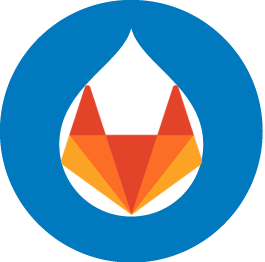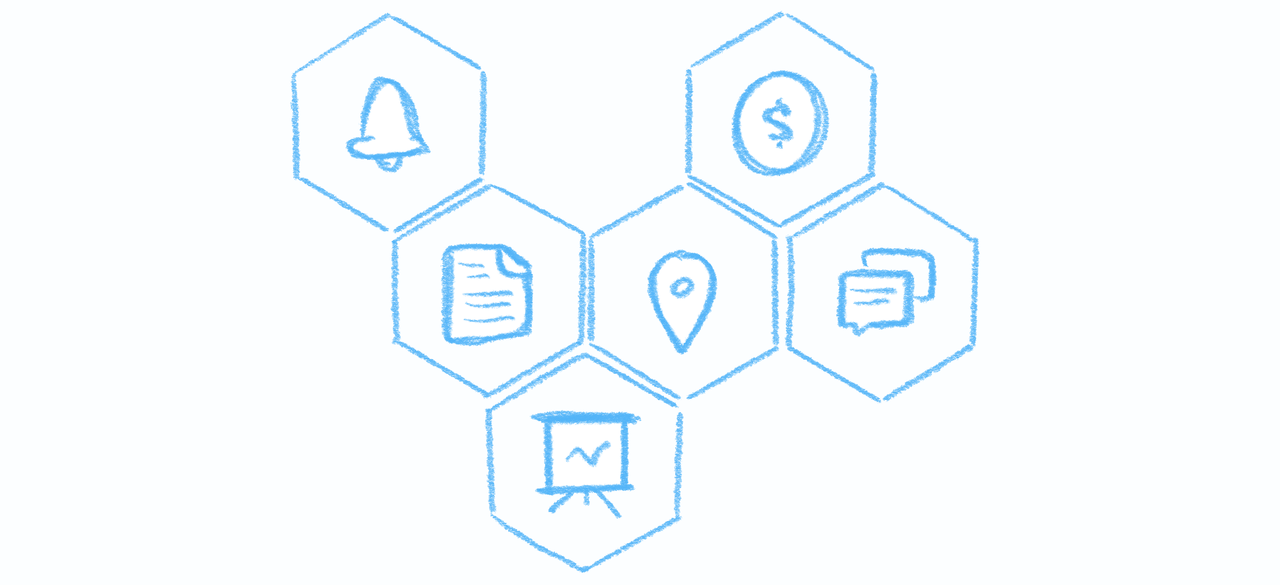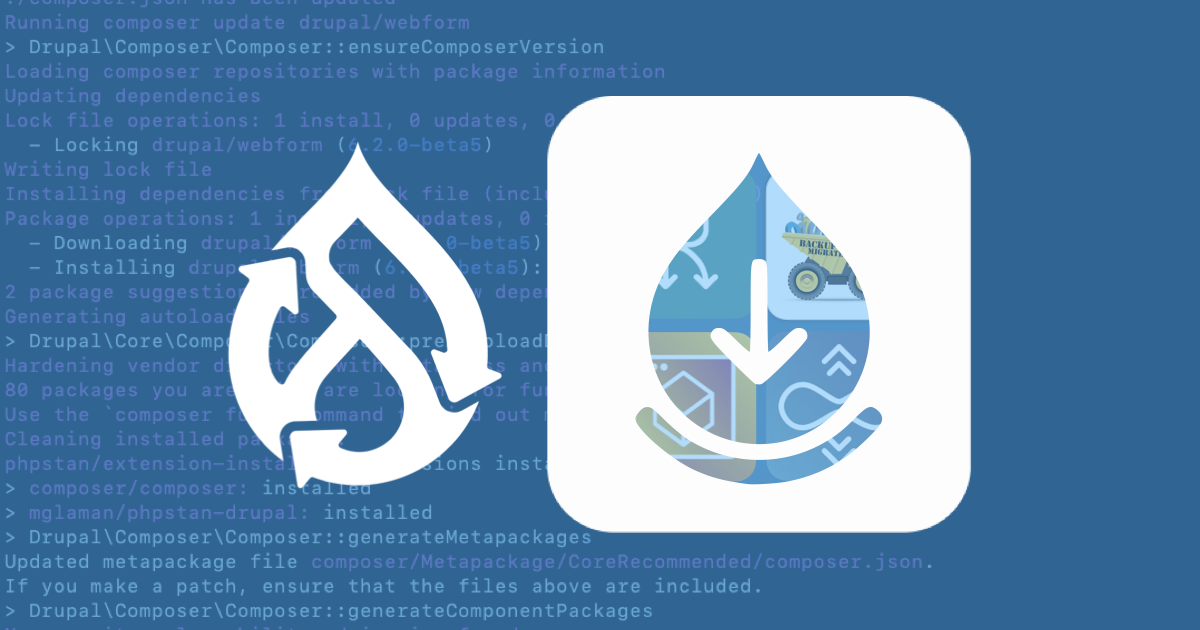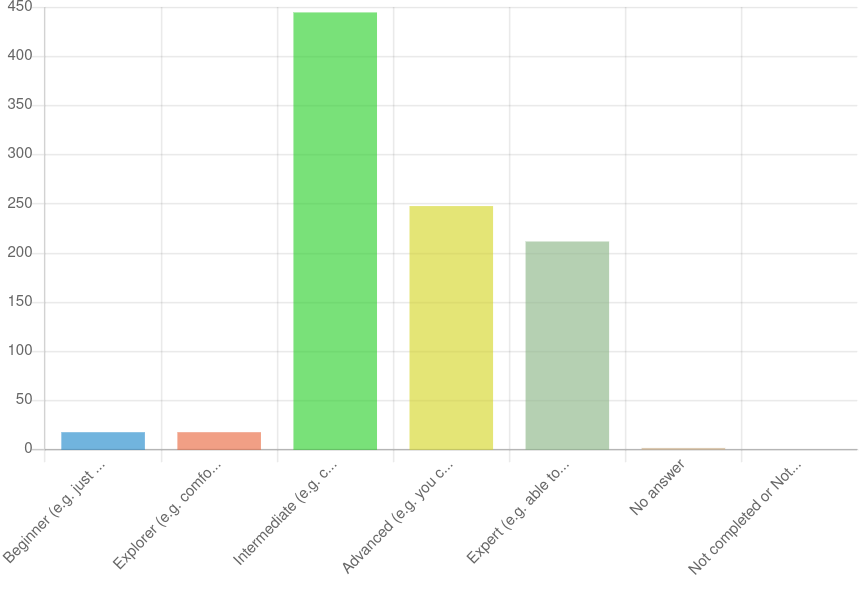Author:
Source
Sponsored:
Working in Public: The Making and Maintenance of Open Source Software - Audiobook

Unlock the Digital Creator Code!
bhavinhjoshi
Sat, 01/11/2025 – 08:13
As the long-standing powerhouse supporting numerous websites, Drupal 7 faces fresh challenges with its end-of-life (EOL). For developers and site owners committed to maintaining their investment, a strategic approach involving collaboration and proactive updates is crucial. Here’s an expanded guide on sustaining your Drupal 7 site effectively post-EOL.
Why Continue with Drupal 7?
There are several reasons why maintaining Drupal 7 might still be beneficial:
- Stability and Familiarity: For many organizations, Drupal 7 offers a stable and well-understood environment. Teams that have fine-tuned their processes around it may prefer to stick with what works.
- Resource Constraints: Transitioning to Drupal 10 or an alternative can require significant resources—including time, budget, and technical adjustments—that some organizations may not have readily available.
Key Challenges Post-EOL
- Security Vulnerabilities: With the cessation of official updates, potential security loopholes pose a higher risk. Proactively monitoring and patching these vulnerabilities becomes critical.
- Module Compatibility: As web standards and technologies evolve, some Drupal 7 modules might fall out of sync with modern requirements, leading to functionality issues.
- Reduced Community Support: With the community shifting focus to newer versions, accessing help and resources could become more difficult.
Collaboration: The Key to Longevity
- Engage with Community Initiatives:
- Find Dedicated Groups: Engage with forums and groups committed to Drupal 7 maintenance. Collaborating with like-minded individuals can provide new solutions and resources.
- Join Working Groups: Participate in specialized working groups focused on Drupal 7. Contribute your insights and leverage shared knowledge to solve common challenges.
- Contribute to Module Maintenance:
- Adopt Key Modules: Identify key modules vital to your site’s operation and dedicate resources to their maintenance. Consider becoming a co-maintainer or collaborating with other developers.
- Develop Custom Patches: For modules with limited external support, develop and share custom patches that address critical issues or improve functionality.
- Share Updates and Insights:
- Create Knowledge Networks: Build a network of professionals managing Drupal 7 sites. Regularly share updates, best practices, and insights on overcoming challenges.
- Host Webinars and Workshops: Organize webinars and workshops to disseminate knowledge and foster collaboration. These platforms can serve as valuable venues for sharing discoveries and learning from peers.
Ecosystem Updates: Keeping Pace with Change
- Monitor Emerging Trends:
- Stay informed about industry trends and find ways to integrate relevant advancements into your Drupal 7 environment. This proactive stance helps keep your site competitive and functional.
- Upgrade Wisely:
- Plan gradual enhancements to the core and modules, ensuring they’re aligned with evolving standards. This step-by-step approach can prevent sudden disruptions and maintain site reliability.
- Evaluate Alternatives:
- Regularly assess other platforms and updates. Even if sticking with Drupal 7 for now, knowing your options keeps you prepared for future transitions when resources permit.
Sustaining Drupal 7 post-EOL requires a strategic blend of collaboration, innovation, and vigilance. By actively engaging with the community, committing to module maintenance, and adapting to ecosystem changes, you can extend the life of your Drupal 7 site while planning for the future. This commitment to proactive management ensures your site remains secure, efficient, and ready to meet current demands.
Drupal 7
Drupal Planet
Drupal migration
Community





